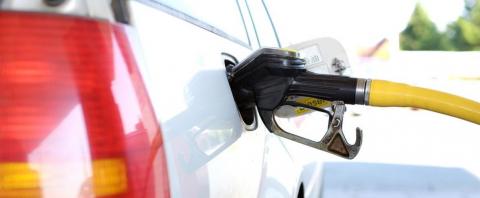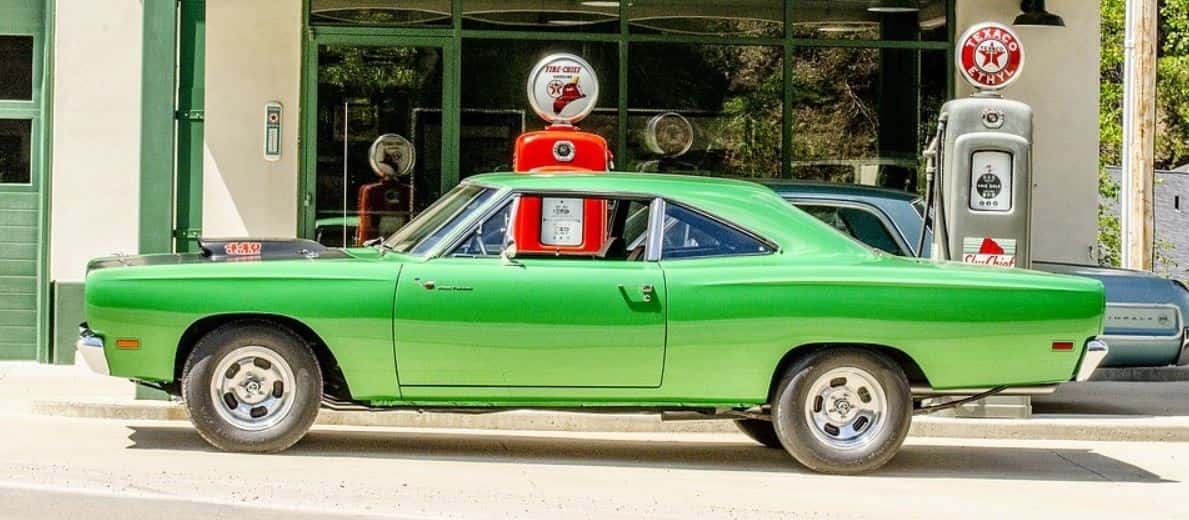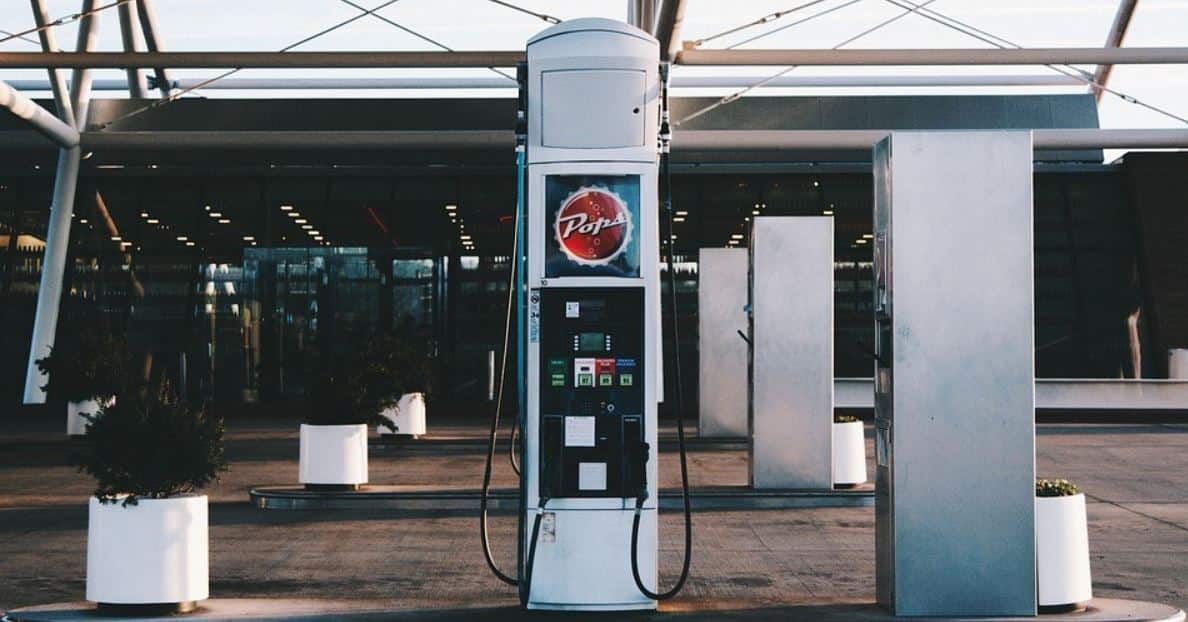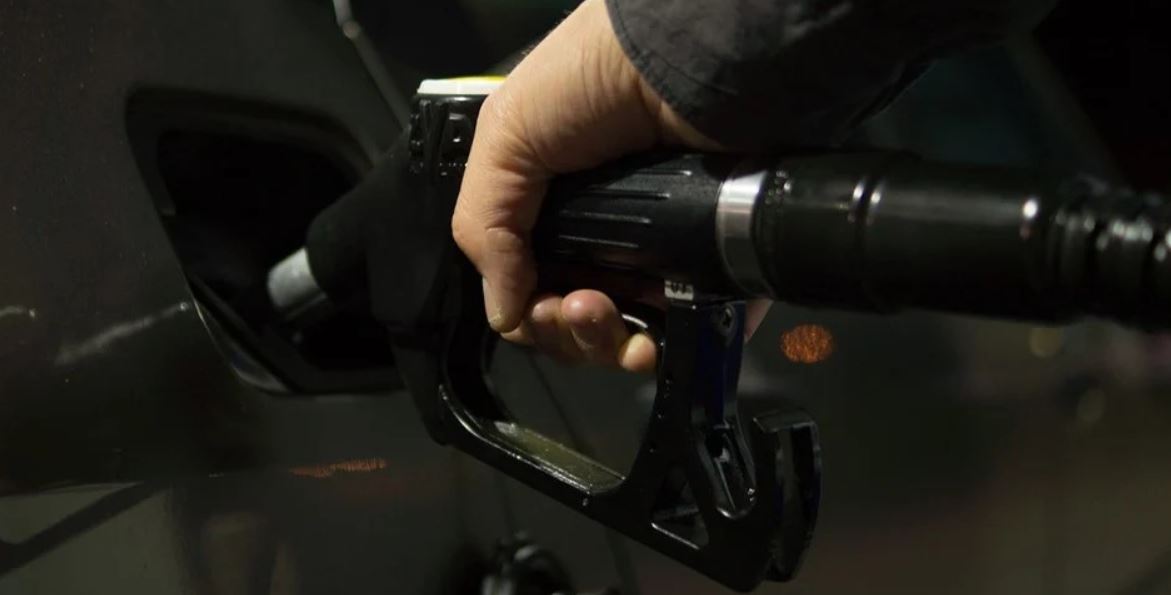Why It’s Important to Know the Different Types of Gasoline

When the time comes to fill up your tank, you want to choose your gasoline option wisely. After all, not all gas types are created equal. Some octane levels, which we will touch on later, are right for one car but not another and you’re bound to see different types of gasoline at the pump.
Maybe you’ve been using a particular gasoline grade for years now and are interested in switching it up, or maybe you are thinking about buying a new car that takes a different grade of gasoline. If you’re wondering if is it better to use e85 or regular gas and what is unleaded 88 than you should keep reading to learn about why a car may perform better with a specific type of gas. Whatever the case may be, it’s important to know about the different gasoline types so you can choose the right gas for your car.
What Is In Gasoline?
Gasoline is composed largely of heptane and isooctane. When you talk about an octane level of gas, the octane level is the heptane to isooctane ratio. For example with an 87 octane rating, the gasoline is 87 percent isooctane and 13 percent heptane.
Different octane ratings are best suited for different types of vehicles and have specific features that may make them more desirable to certain drivers. In order to know what type gasoline is right for your vehicle, it’s important to know about the different gasoline options.
When you consider the octane level, you should know that this number relates to an average; therefore, the exact amount can be a little bit higher or lower.
Here are the main types of gasoline:
Regular Gas - 87 Octane

Regular gas is composed of 87 octane, with an average of 85 to 88. This type of gasoline is your usual go-to option. It’s also what many car manufacturers recommend.
The 87 octane makes your car run efficiently although it may not offer the best performance components higher octane gasoline options offer. However, certain car makes and models require higher octane gas while many cars do not.
If you’re driving with a budget in mind, you should know that regular gas is the least expensive of the bunch and will help you achieve your main goal, which is getting from point A to point B.
Mid-Grade or Plus Gas - 89 Octane
Certain cars are designed to run on a higher octane gasoline and some manufacturers may recommend filling up the tank with 89 octane, also called mid-grade or plus gas.
This octane level offers higher performance than the 87 octane, but doesn’t go as far as the 92 octane.
Premium Gas - 92 Octane
For high performance vehicles with engines that have high compression ratios or turbochargers, premium gas is usually best and will often be recommended by the manufacturer. Premium gas helps improve fuel efficiency and offers optimal performance.
When comparing premium gas versus regular gas, know that less than 20 percent of new cars require premium gas. In addition to sport or luxury vehicles being a few types of cars that perform better on premium gas, there are regular style cars that require this type as well, including the Fiat 500L and the Buick Regal.
If your car doesn’t require premium gasoline, you shouldn’t spend your money on this as it can be costly and might even do more damage than good.
Choosing the Right Type of Gas for Your Car

When the time comes to fill up your tank with gasoline, it’s important you know how to choose the right octane level. Check your car’s manual to see what type of gas is required for your vehicle or look at the back of the fuel door to see if the recommended octane is listed there.
When you know exactly what type of fuel to use for your car, you’ll:
- Reduce the risk of damaging your engine if you use the wrong type of fuel
- Save money by not paying for a more expensive gasoline type than what you need
- Your car will work to its most optimal state
- Conserve funds for potential repairs if you use the wrong gasoline in your car
It’s not difficult to use the right type of gasoline in your car. All you have to do is follow the car manufacturer’s recommendations and then fill up with the right octane level. This is an easy way to protect your car and care for it properly. If you have other questions such as what is the best engine cleaner or what is ethanol free gas, always be sure to ask your car mechanic as they are sure to properly explain these topics for you.
Another way to protect your vehicle is to make sure you have the right type of car insurance. Car insurance not only safeguards you and others around you, but it also protects your vehicle should it sustain certain types of damage or if you suffer a total loss.
Now’s the perfect time to explore your car insurance options. Contact A Abana to learn more about the different insurance plans and obtain your quote today!
Have questions about coverage or policies? Give our helpful insurance agents a call anytime at 888.449.0174.








